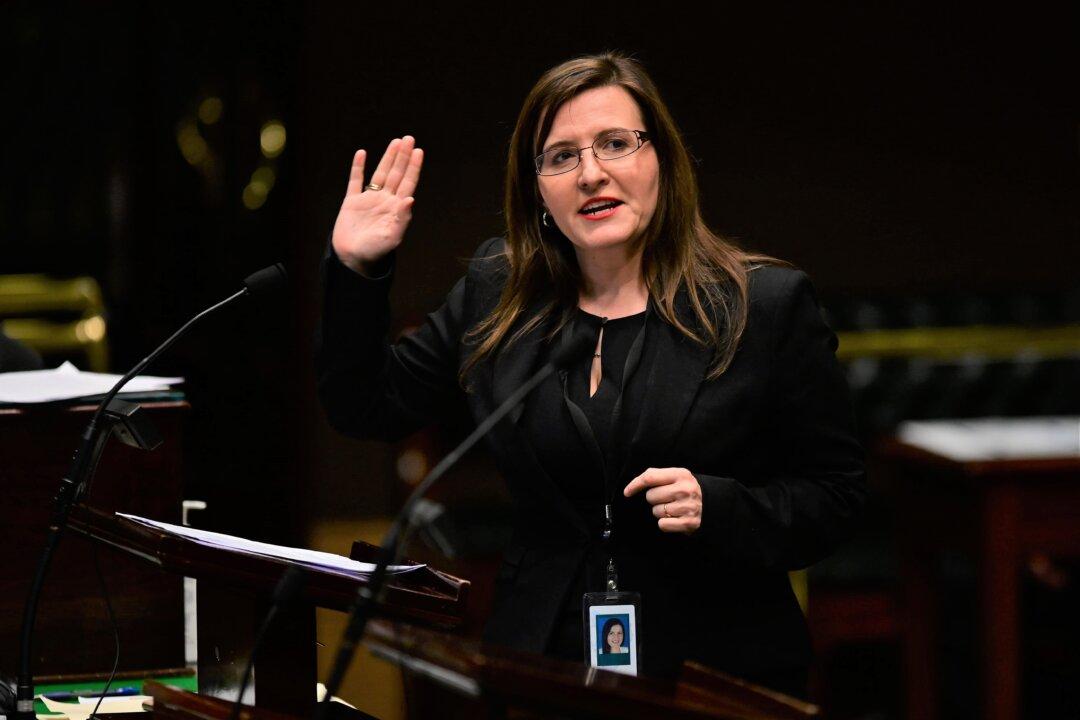Tania Mihailuk, a New South Wales (NSW) state MP has warned that the left-leaning Labor Party needs to steer away from “wokeness” and back to the centre, otherwise it risks losing the support of Sydney’s extensive multicultural and religious communities.
The remarks follow the release of the NSW Parliament’s Joint Select Committee report into how religious freedoms should be protected in the state, with the committee recommending an amendment to existing anti-discrimination laws.





